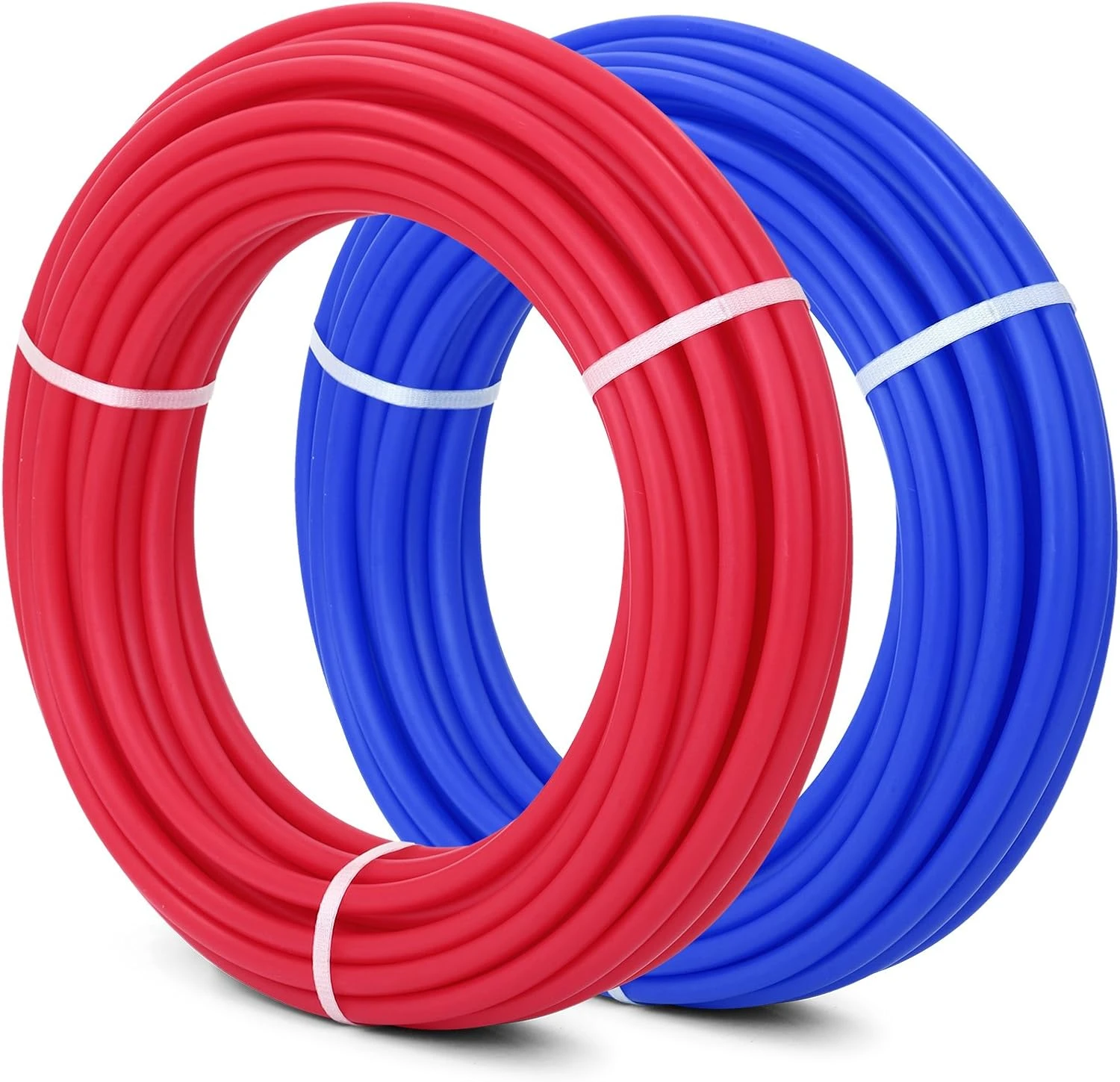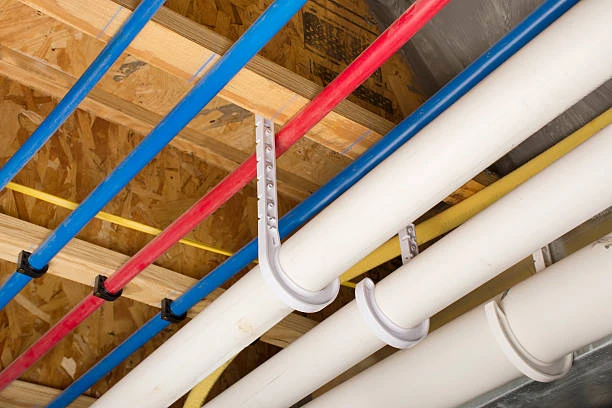What is BS 7291 PEX Pipe?
PEX Pipe stands for cross-linked polyethylene, a type of plastic piping used in plumbing and heating systems. It’s known for its flexibility and durability, making it suitable for various applications in residential and commercial buildings.
Advantages of PEX Pipe
Flexibility and Ease of Installation
One of the standout features of PEX is its flexibility. Unlike rigid pipes, PEX can bend around corners and obstacles, making installation a breeze. This means fewer fittings and joints are needed, which not only simplifies the installation process but also reduces the chances of leaks.
Resistance to Corrosion and Scale
PEX pipes BS 7291 are resistant to corrosion, unlike metal pipes, which can rust over time. Additionally, PEX doesn’t support scale build-up, which is common in traditional materials. This resistance means that PEX can maintain optimal water flow and quality for years.
Cost-Effectiveness
When it comes to cost, PEX often wins the battle. The material itself is less expensive than copper or PVC, and its ease of installation can significantly cut labor costs. Plus, its durability means you won’t need to replace it as often, leading to savings in the long run.
Noise Reduction
Have you ever heard those loud noises when water rushes through pipes? PEX can help minimize that sound. The material absorbs vibrations, resulting in quieter plumbing systems, which can be a huge plus in residential settings.
Applications of PEX Pipe BS 7291
Plumbers use PEX in a wide range of applications, including:
- Water supply lines: Both hot and cold water systems benefit from PEX.
- Radiant heating systems: PEX is ideal for underfloor heating due to its flexibility.
- Repipe projects: When replacing old pipes, PEX can be a quick and effective solution.

Comparing PEX with Other Materials
PEX vs. Copper
While copper has long been the gold standard in plumbing, PEX offers significant advantages:
- Cost: PEX is generally cheaper to buy and install.
- Flexibility: Copper is rigid, while PEX can easily navigate around obstacles.
- Corrosion: PEX won’t corrode, making it more durable in the long run.
PEX vs. PVC
PVC is commonly used for drain and waste systems, but it has its limitations:
- Temperature: PEX can handle higher temperatures than PVC, making it suitable for hot water lines.
- Brittleness: PVC can become brittle over time, while PEX maintains its integrity.
Common Concerns About PEX
Despite its many advantages, some concerns exist regarding PEX:
- Chemical Leaching: Some homeowners worry about chemicals leaching into their water supply. However, PEX is approved for drinking water use and is safe when properly installed.
- UV Sensitivity: PEX can degrade when exposed to UV light, so it’s important to keep it out of direct sunlight when installed outdoors.
Conclusion
So, why do plumbers use PEX Pipe BS 7291? Its flexibility, cost-effectiveness, resistance to corrosion, and ease of installation make it a go-to choice for many plumbing projects. As the demand for efficient and reliable plumbing solutions grows, PEX is likely to remain a top contender.
FAQs
- Is PEX safe for drinking water?
- Yes, PEX is approved for drinking water and is considered safe when installed correctly.
- Can PEX be used outdoors?
- PEX can be used outdoors, but it should be protected from UV exposure to prevent degradation.
- How long does PEX last?
- PEX can last between 25 to 50 years, depending on the conditions and installation.
- Can PEX be recycled?
- Yes, PEX can be recycled, but local recycling options may vary.
- What temperature can PEX handle?
- PEX can typically handle temperatures up to 200°F, making it suitable for hot water applications.


















